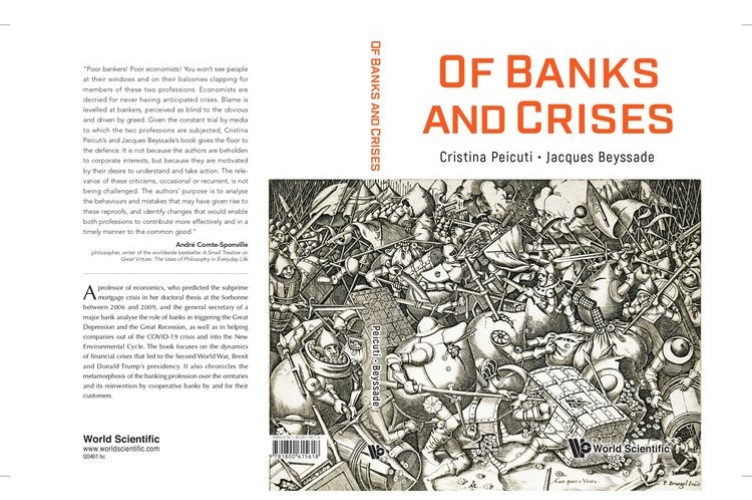"It is a familiar remark that only 'the rich can borrow,' and the experience of every day seems to prove it. Yet the poor also may have need of credit, even more than the rich. How, then, can they obtain it?
This problem is easily solved by cooperation. An isolated laborer or artisan, no matter how honest or industrious he may be, cannot furnish sufficient guarantee for a loan. Sickness, loss of work, and death, may at any time overtake him and make it impossible, despite his best intentions, to pay back what he has borrowed. But if laborers or artisans to the number of ten, a hundred, or a thousand, are grouped in an organization, and held together, if need be, by the ties of collective responsibility, the security they have to offer will be considerably greater, and they will find it much easier to obtain credit without falling into the hands of usurers. The dues which are paid to such an organization, moreover, will ultimately build up to a large amount of capital which the organization can lend to its members."
Charles Gide
Principles of Economic Policy (1984), Boston USA: DC Heath & Co, publishers translated by C Williams A Verditz
A professor of economics, who predicted the subprime mortgage crisis in her doctoral thesis at the Sorbonne between 2006 and 2009, and the general secretary of a major bank analyse the role of banks in triggering the Great Depression and the Great Recession, as well as in helping companies out of the COVID-19 crisis and into the New Environmental Cycle. The book focuses on the dynamics of financial crises that led to the Second World War, Brexit and Donald Trump's presidency. It also chronicles the metamorphosis of the banking profession over the centuries and its reinvention by cooperative banks by and for their customers.
Campuses
